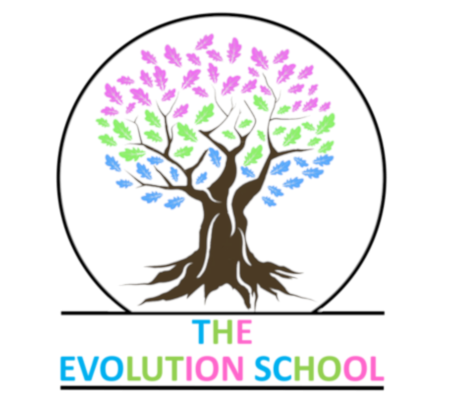Humanities
Aims:
- To excite the children's interest and curiosity about their local area, as well as promoting a fascination with the wider world and its diverse places and people;
- To equip children with the knowledge and skills to think and act like geographers;
- To use and interpret a variety of sources of geographical information such as globes and atlases but also to use digital sources such as Virtual Reality software and Google Earth;
- To carry out fieldwork in order to collect and analyse geographical data;
- Investigate the similarities and differences between countries/locations and draw conclusions about them ;
- Equipping children to be able to ask questions and explore the planet they live on so that they can become informed and respectful citizens, with a desire to safeguard their planet.
Rationale:
Our Geography curriculum is delivered through our topic approach so that the children can start to make sense of the world and to apply what they have been taught across a variety of contexts. Our curriculum explicitly teaches about climate change (and how it differs from weather) and gives the children the chance to explore society's attitudes to environmental issues across other subjects, not just in Geography. Through our commitment to developing a varied and rich geographical vocabulary, they will be able to refer accurately to key human and physical features of their world. Our outdoor provision also allows students to immerse themselves in the local environment and experience different landscapes helping to develop their appreciation of the natural environment.
Aims:
- To excite children's interest and curiosity about the events and people that have shaped both their local area, Britain and the wider world;
- To develop a sense of chronology and use accurate vocabulary to describe the passing of time;
- To be able to use and interpret a variety of sources of historical information, both primary and secondary;
- Pose questions about how people lived in the past and carry out research to find the answers;
- Make comparisons between different historical eras and with the present day;
- Develop an understanding of abstract historical concepts such as empire and civilisation.
Rationale:
Our History curriculum is delivered through our topic approach and although based on the National Curriculum, does not cover as many historical periods, due to needing to release curriculum time for embedding basic skills and catching up on core knowledge that has been missed. We have carefully chosen topics to engage and excite the children, as well as a plethora of local historical attractions to visit. In addition to the topics, we also have an annual local History project where we particularly focus on our local area but also on key influential people with a connection to the area/school e.g. Darwin, Thomas Telford, Isambard Kingdom Brunel.
Aims:
- To build respect and tolerance for different religious (and non-religious) beliefs;
- To equip children with the skills and knowledge to express and begin to explore their own beliefs and opinions, in a safe and supportive environment;
- For children to be religiously literate and educated for life in the 21st century;
- To recognise and value the faiths represented by the children at the school.
Rationale:
Our RE teaching is either taught as a discrete lesson or linked to our topics if appropriate. Our planning is based on the Shropshire Agreed Syllabus for Religious Education (2019), which contains the following two core elements:
- Learning about religion and beliefs
- Learning from religion and beliefs
Our teaching reflects (as per the Education Reform Act 1988) that the religious traditions in Great Britain are, in the main, Christian whilst taking account of the teaching and practices of the other principal religions represented in Great Britain today. If a social worker (on behalf of the parent), asks that a pupil should be wholly or partly excused from attending an RE lesson or an assembly with a religious theme (although we will try our best to explain why attending is in the child's best interests), we will ensure that the child is adequately supervised in school and provided with one of our especially selected quality reading books.
We concentrate on Christianity and one other world religion every year (the second religion being chosen to reflect the faith or faiths represented by the children). We focus on the key ideas, principles and concepts contained within it and much of our teaching is focused on a questioning and tolerance approach. Our children learn about the religious leaders, key holy books and key festivals and celebrations of different religions. Our class learning is also supplemented by assembly themes with a religious theme.
Our provision is enriched by the use of artefacts, visits to places of worship and local members of the community (including students from our senior school) coming into school. We are sensitive that members of the community may have fundamental views that may not be appropriate for primary children so we always 'vet' the content of presentations carefully to ensure that the content is appropriate.
Religious Studies allows students to leave with a legacy of balanced decision making, the ability to compromise and resolve conflicts, as well as providing them with a greater wisdom and moral compass to apply in everyday life.
